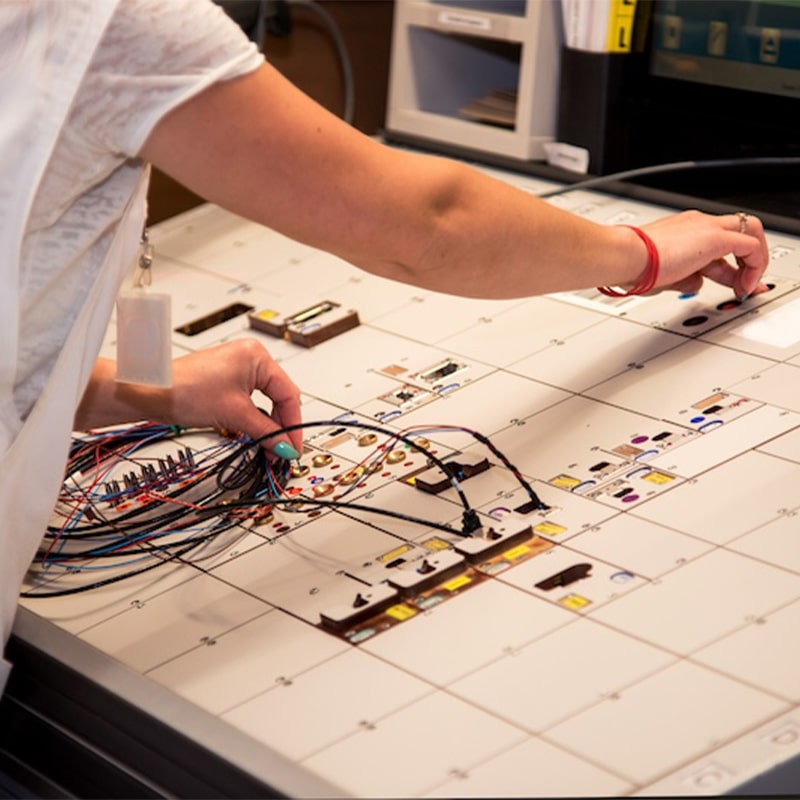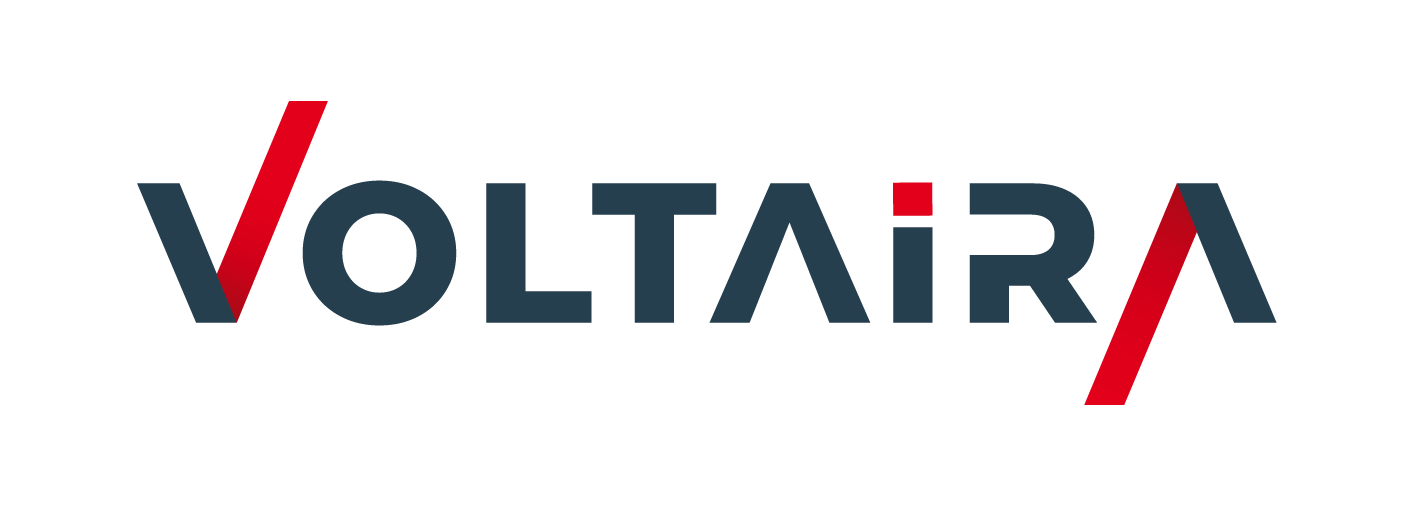Quality Management at Voltaira: 6 Key Factors in Maintaining Automotive Quality Standards
06/27/2024

As the mobility market evolves into a new generation of electric vehicles, autonomous driving, and explores entirely new technologies, Mathias Reips, Head of Global Quality at Voltaira, discusses the key factors maintaining high quality standards in the automotive industry.
This blog article explores Voltaira’s commitment to quality, risk management, poka-yoke approach, LPA & IATF 16949 audits, continuous improvement, and customer-centric approach as key factors in maintaining automotive quality standards.
Commitment to Quality: At Voltaira, “Quality at Origin” is not just an expression, but the heartbeat of our daily operations, ensuring that products meet and often exceed customer expectations. By prioritizing quality in every aspect of the manufacturing process, we not only receive quality awards from our customers, but also celebrate their long-term loyalty and trust, which on average reaches 16+ years. The statistics that show the longevity of the relationship and the unwavering trust speak for themselves, proving that we know firsthand the importance of quality. In addition, with a global footprint of more than 30 locations, we serve Tier 1 automotive suppliers and OEMs worldwide with the same excellence and high quality.
Risk Management during Project Phase: One of the key quality objectives is to identify risks at the earliest stage, as early as when the customer sends the RFQ.
What is the most challenging part of the quality function?
“The biggest challenge is to identify risks during Project lifecycle before our product is handed over to Production. Failure to do so could jeopardize product quality and incur costs that are not included in our sales price. It is therefore crucial that risk identification and mitigation take place as early as possible in the project phase”.
Mathias Reips, Head of Global Quality, Voltaira.
Risk Management in Production Processes: In order to achieve high quality and to eliminate risks, it is essential to adhere to the 5Ms methodology (Man, Machine, Materials, Methods, and Environment [mother nature]). By practicing the 5Ms approach, we address potential risks by looking to all potential failure sources to ensure reliable, high-quality output. For example, during incoming inspection, we make sure that the materials supplied by suppliers meet Voltaira and customer specifications. We also ensure that all our machines and tools are consistently well maintained to avoid product deviations due to potential machine defects.
The Poka-Yoke Approach: By implementing smart technologies in manufacturing and supplementing human processes, we can improve our speed without sacrificing quality. In addition, the poka-yoke approach and risk prevention practices help us achieve zero-defect products and increase operational efficiency.
“It is important to design your equipment so that a child can easily operate it.”
Key Customer Input
LPA & IATF 16949 Audits: We organize LPAs (Layered Process Audits) from the bottom up to corporate level to ensure compliance with customer requirements, customer specifications, our own standards, and automotive standards. The line manager initiates the process by addressing LPA Level 1 according to a specific checklist, followed by engineers, plant management, plant managers, and the corporate level, which is primarily overseen by the quality team.
The audit plan is developed annually and carried out by the auditor, who visits each individual site to check the standards in detail to ensure that we meet our customers’ expectations. The auditor is familiar with the potential of our plants and their respective benchmarks.
Lessons Learned and Continuous Improvement: Continuous improvement and compliance with internal and external quality standards is ensured through internal initiatives such as Layered Process Audits (LPA) and Lessons Learned sharing between plants.
The knowledge sharing process, which involves analyzing the root cause of customer complaints and developing strategies to prevent future occurrences, is conducted using an internal database for customer complaints and their root cause. We share this information, along with the audit data, with the Voltaira plant network to prevent the recurrence of defects and the recurrence of audit findings.
Customer-centric approach: Prioritizing customer satisfaction over product focus means that all our efforts are focused on meeting and exceeding customer expectations, resulting in strong customer loyalty.
“It’s important to us that we prioritize our customers over the product itself. If we achieve customer satisfaction, that means we’ve done our job.
Our mission to meet our customers’ expectations is based on quality as an integrated function.”
Mathias Reips, Head of Global Quality, Voltaira
Voltaira’s high quality standards and zero-defect production efforts have led to recognition and strategic partnerships with key customers, strengthening trust and long-term collaboration.
“Our efforts to achieve zero-defect production have been rewarded by our key customers, who have recognized Voltaira as a strategic partner.”
Mathias Reips, Head of Global Quality, Voltaira.
Quality plays a critical role in ensuring transparency in our operations and processes. In addition, it is the goal of every Voltaira employee to practice “Quality at Origin”, contributing to the achievement of zero defects and reinforcing compliance with standards.
By strictly adhering to the above 6 factors, Voltaira consistently delivers not only high quality but also cost-efficient mobility solutions, effectively manages risks and maintains strong relationships with its customers.



